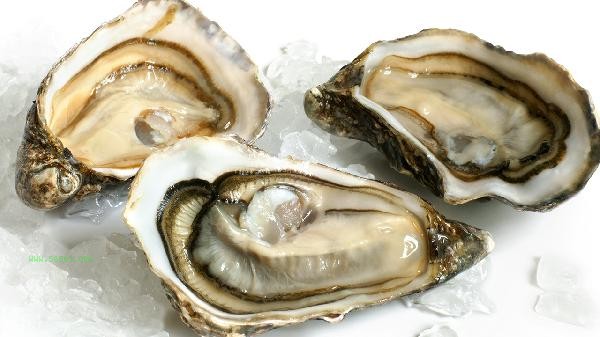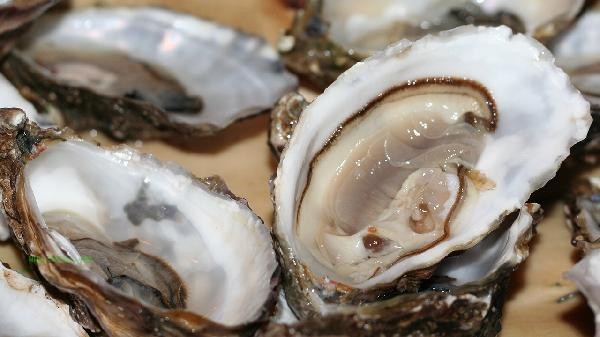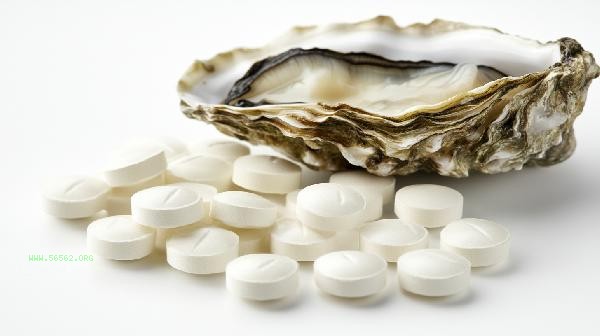Regular consumption of oyster slices may help supplement trace elements such as zinc, but excessive intake may lead to gastrointestinal discomfort or mineral imbalance. The main ingredients of oyster slices include oyster extract, zinc, selenium, etc. It is suitable for people with zinc deficiency to consume in moderation, but long-term and large consumption may cause nausea, diarrhea, or copper absorption disorders. The core value of oyster slices as a nutritional supplement lies in providing zinc with high bioavailability. Zinc participates in human immune regulation, wound healing, and taste function maintenance, and has a certain improvement effect on individuals with weakened immunity or imbalanced diet. Some products have added vitamin B or taurine to assist in relieving fatigue. But daily zinc intake exceeding 40 milligrams may interfere with copper and iron metabolism, leading to dizziness or anemia symptoms. Some people may experience allergic reactions, such as skin itching or respiratory discomfort, after taking oyster tablets. People with gout or hyperuricemia should be cautious, as purines in oysters may worsen the condition. Some oysters have high sugar content, so patients with diabetes should pay attention to the ingredient list. When taken together with antibiotics, zinc may reduce drug absorption rate, and it is recommended to take it at intervals of more than two hours.

It is recommended to confirm zinc deficiency through blood zinc testing before supplementing, and prioritize obtaining nutrients from natural foods such as oysters and beef. Observe bowel movements during use and discontinue if there is persistent abdominal pain. Short term supplementation for men preparing for pregnancy can improve sperm quality, but continuous use should not exceed three months. Maintain dietary diversity and avoid excessive intake of single nutrients. Children and pregnant women should consult a physician before use.










Comments (0)
Leave a Comment
No comments yet
Be the first to share your thoughts!